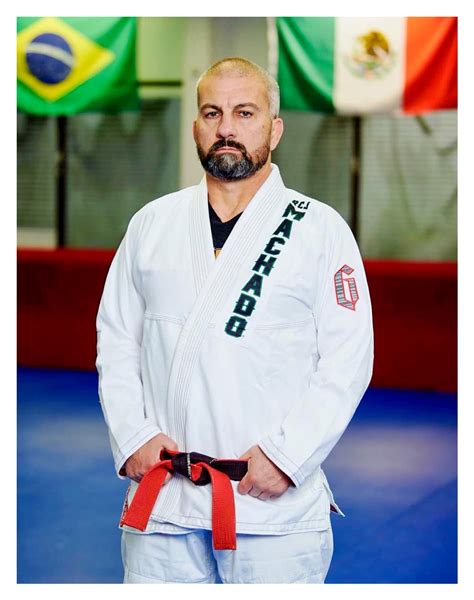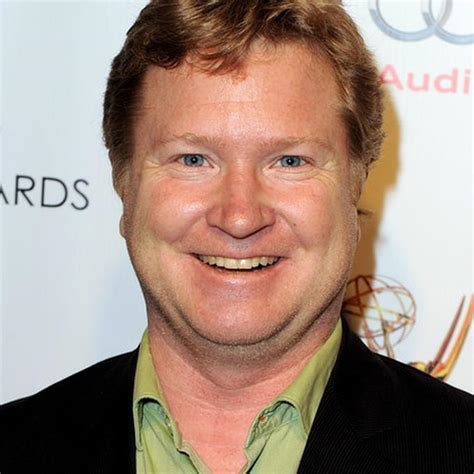A Quote by P. Sathasivam
As a practising lawyer, I was mediocre, but I worked hard as a law officer of the state government and on the private side. After becoming a judge, I maintained a low profile in other activities and concentrated only on judicial work.
Related Quotes
Year after year in Washington, budget debates seem to come down to an old, tired argument: on one side, those who want more government, regardless of the cost; on the other, those who want less government, regardless of the need....Government has a role, and an important role. Yet, too much government crowds out initiative and hard work, private charity and the private economy....Government should be active, but limited; engaged, but not overbearing.
It's hard to make something that's interesting. It's really, really hard. It's like a law of nature, a law of aerodynamics, that anything that's written or anything that's created wants to be mediocre. The natural state of all writing is mediocrity... So what it takes to make anything more than mediocre is such an act of will.
Private property creates for the individual a sphere in which he is free of the state. It sets limits to the operation of the authoritarian will. It allows other forces to arise side by side with and in opposition to political power. It thus becomes the basis of all those activities that are free from violent interference on the part of the state. It is the soil in which the seeds of freedom are nurtured and in which the autonomy of the individual and ultimately all intellectual and material progress are rooted.
No person shall be restrained of his liberty but by regular process from a court of justice, authorized by a general law. . . . On complaint of an unlawful imprisonment to any judge whatsoever, he shall have the prisoner immediately brought before him and shall discharge him if his imprisonment be unlawful. The officer in whose custody the prisoner is shall obey the order of the judge, and both judge and officer shall be responsible civilly and criminally for a failure of duty herein.
Much of the Constitution is remarkably simple and straightforward - certainly as compared to the convoluted reasoning of judges and law professors discussing what is called 'Constitutional law,' much of which has no basis in that document....The real question [for judicial nominees] is whether that nominee will follow the law or succumb to the lure of 'a living constitution,' 'evolving standards' and other lofty words meaning judicial power to reshape the law to suit their own personal preferences.
We live in a very low state of the world, and pay unwilling tribute to government founded on force. There is not, among the most religious and instructed men of the most religious and civil nations, a reliance on the moral sentiment, and a sufficient belief in the unity of things to persuade them that society can be maintained without artificial restraints, as well as the solar system; or that the private citizen might be reasonable, and a good neighbor, without the hint of a jail or a confiscation.


































